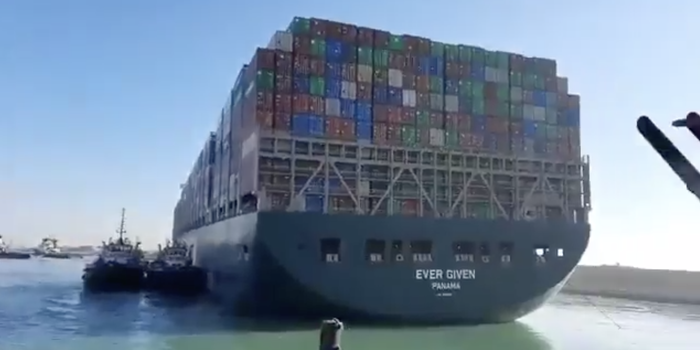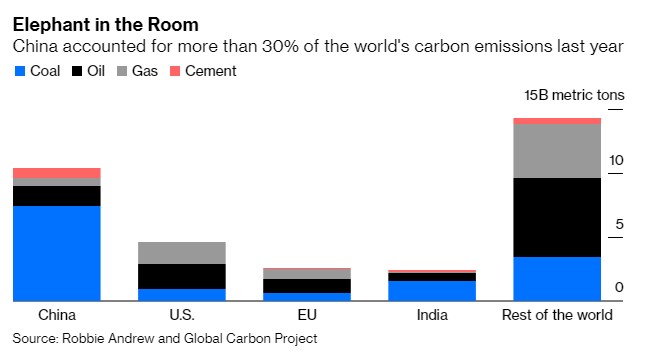
Don't celebrate just yet. Covid isn't over — and the worst if it may still lie ahead of us: bloomberg.com/opinion/articl…
It's clear that much of the world is thinking about this pandemic as something that's approaching its end.
More and more I'm seeing it talked about in the past tense. Google searches for "after Covid" are running ahead of "Covid symptoms":
More and more I'm seeing it talked about in the past tense. Google searches for "after Covid" are running ahead of "Covid symptoms":

But the brutal truth is that the rate of new infections rose nearly 50% during March.
They're now running at a daily rate we never saw in this pandemic until the winter surge in mid-November:
They're now running at a daily rate we never saw in this pandemic until the winter surge in mid-November:

What's worse is that many of the places where infections are picking up fastest are those with the least capacity to deal with it: Middle- and lower-income countries in South America, South Asia, the Middle East, Ukraine, the Philippines: 

Vaccines are likely to suppress Covid pretty effectively in places like the U.S. and U.K. and, later, Europe, where fresh lockdowns are underway in France and Italy now.
The same can't be said of poorer countries where it could be years before you get to 75% coverage.
The same can't be said of poorer countries where it could be years before you get to 75% coverage.
The Covax program to provide low-cost doses for poorer countries is still $2bn short of the funding it needs this year. Even if it gets that money it will only be able to reach 27% vaccine coverage of the target countries.
Most of the vaccines that will be delivered through the program will be the AstraZeneca shot, and we've already seen the Democratic Republic of Congo, for instance, refuse to distribute them until the safety issues raised in Europe are cleared up: reuters.com/article/us-hea…
And then you have rich countries refusing to waive IP protections that would allow generic drug producers in India and South Africa to make more cheap vaccines: devex.com/news/trips-wai…
This is worrying. To date, Covid has been largely a disease of rich countries with the capacity to suppress it when vaccines become available. About 46% of deaths were in the U.S., U.K. and European Union.
The risk is that it may now turn into another "neglected tropical disease", like so many others (TB, cholera) that continue to ravage poor countries long after they've been forgotten in the rich world.
Rich countries now need to step up with funds and IP waivers to suppress it throughout the world.
In this fight, we will stand together, or fall apart. (ends)
bloomberg.com/opinion/articl…
In this fight, we will stand together, or fall apart. (ends)
bloomberg.com/opinion/articl…
Oh, and do read @zeynep on the fourth wave here: theatlantic.com/health/archive…
And this great piece on the slow vaccine rollout:
https://twitter.com/mandabeat/status/1377374844522741764?s=19
• • •
Missing some Tweet in this thread? You can try to
force a refresh









